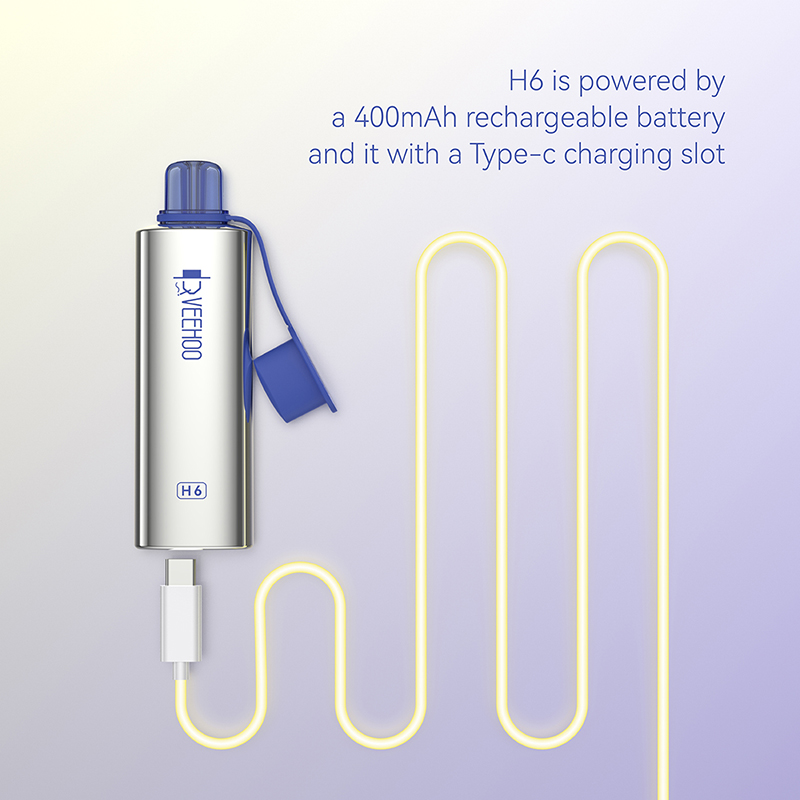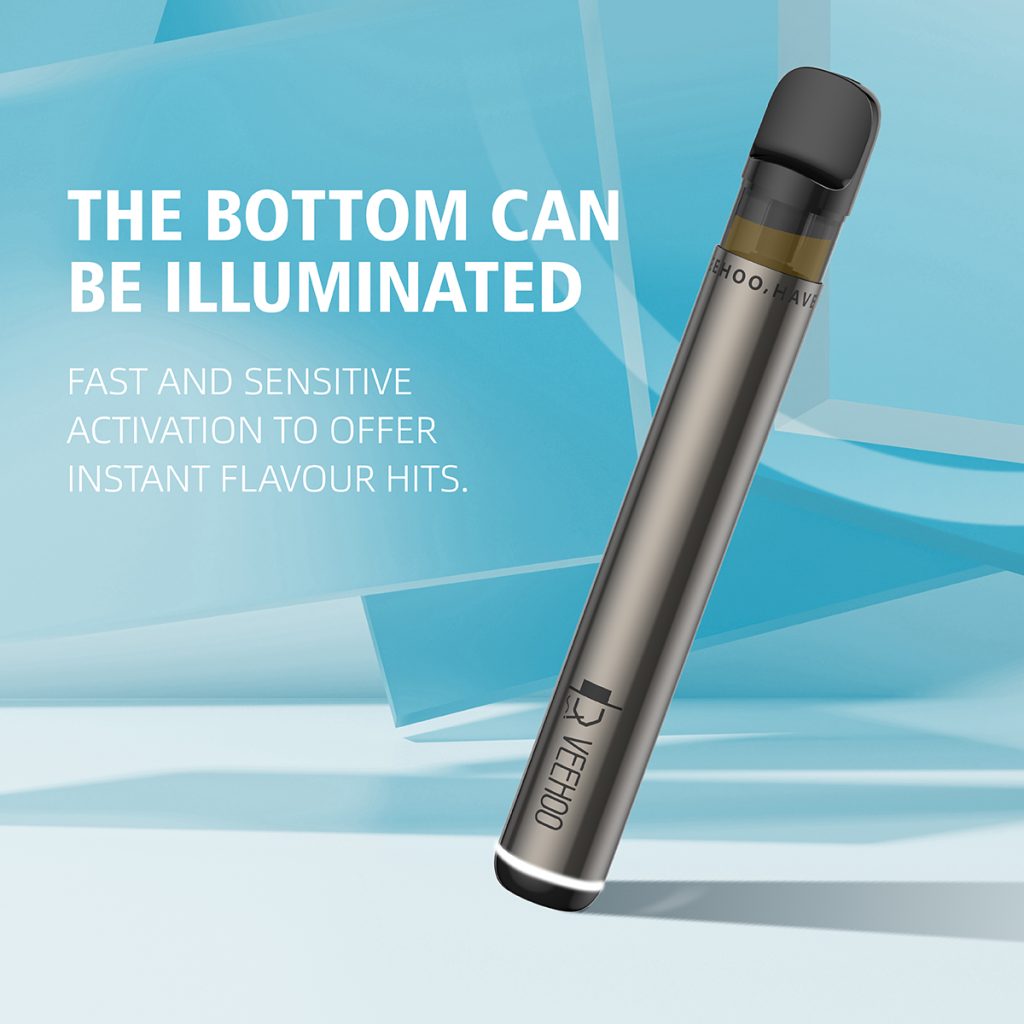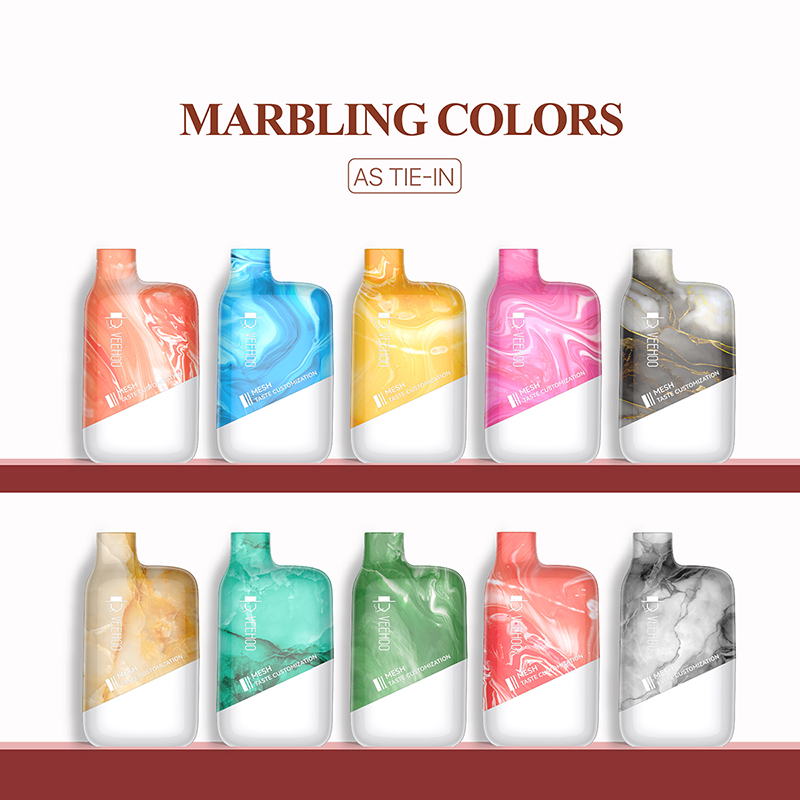According to Yahoo, the Minister of Health said that Australia will ban the import of disposable vapes from January next year, which is the first step to curb the growing popularity of vapes among young people.
By March next year, all non-therapeutic vapes, including refillable ones, will also be banned and those importing vapes for medical purposes will need a license from the Office of Drug Control. In addition to this, it is understood that the legislative package will include a total of AU$75 million (US$49.5 million) in additional funding for the Australian Border Force and the Therapeutic Goods Administration to enforce the new regulations, and from next year, additional legislation will Domestic manufacturers impose the same ban.
Health Secretary Mark Butler said: “These vapes have pink unicorns on them, bubblegum flavour, and are disguised so they can be hidden in pencil cases.”

“This is not a therapeutic goodie to help long-time smokers kick the habit. This is a product that is deliberately targeted at children and designed to induce them to become addicted to nicotine.”
To keep vapes available to smokers who want to quit, doctors and nurses will be given greater powers in January to prescribe therapeutic vapes if clinically necessary. However, the cigarettes will have limited flavoring and nicotine content, Yahoo reports.
A recent Yahoo report revealed the Australian government’s move to restrict the import and sale of vapes in response to their popularity among young people. Under this move, Australia will ban the import of disposable vapes from January next year and ban the sale of all non-therapeutic vapes, including refillable vapes, in March next year.
As an vape manufacturer with ten years of vape factory experience, Veehoo vapes are widely praised in the market, and its products are known for their high quality and variety of flavors.
According to reports, Australian Health Minister Mark Butler said that the design and flavor of these vapes are often targeted at young people and are intended to induce them to become addicted to nicotine. He believed it was not a therapeutic product but a product for children. The move is aimed at protecting young people from the potential harms of vapes and reducing the risk of nicotine addiction.

While the Australian government’s new regulations pose challenges for the Veehoo vape brand, the government is also providing alternatives for smokers in need. From January next year, doctors and nurses will be given greater powers to prescribe therapeutic vapes where clinically necessary. However, the use of these therapeutic vapes will be subject to restrictions, including limiting flavoring and nicotine content.
For the vape industry, this means they need to readjust their product strategies and find new market opportunities. They can focus on developing and promoting therapeutic vape products to meet medical needs and comply with the restrictions in the new regulations. In addition, they can also consider expanding into international markets and looking for sales opportunities in other countries.

This move also serves as a warning to other vape manufacturers, inspiring them to re-evaluate their product positioning and market strategies. As global regulation of vapes intensifies, and various markets are taking measures to restrict their sales and use, manufacturers need to adapt to this new environment to ensure the compliance of their products and find new development opportunities.
The Australian Government’s ban measures aim to balance the interests of public health and the needs of smokers. By restricting the circulation and sale of vapes, they hope to protect public health by reducing smoking rates and the risk of nicotine addiction among young people.
Tags: Australian disposable vape policy,What is the Australian vape policy,Can you bring disposable vapes into Australia,veehoo vape
